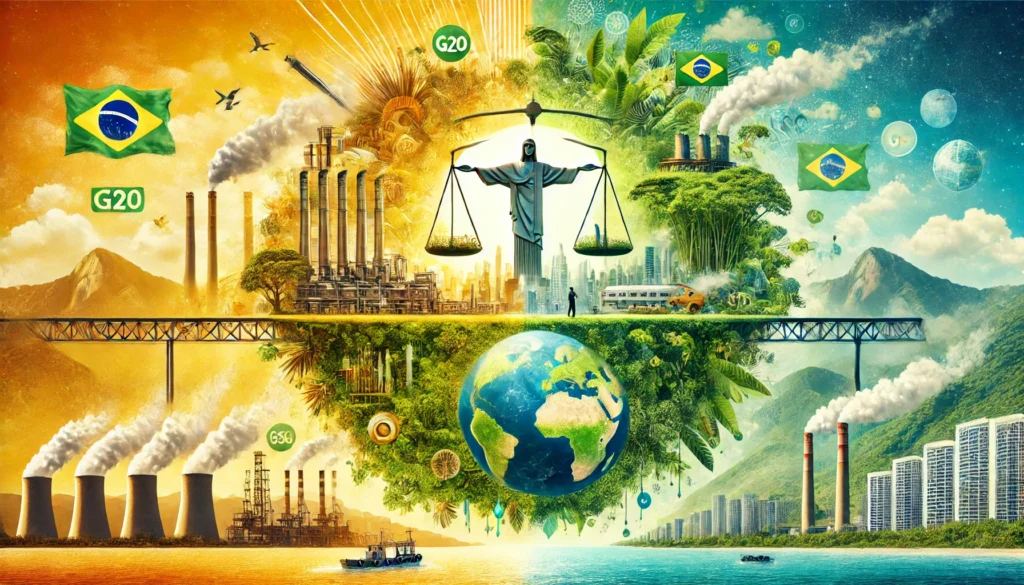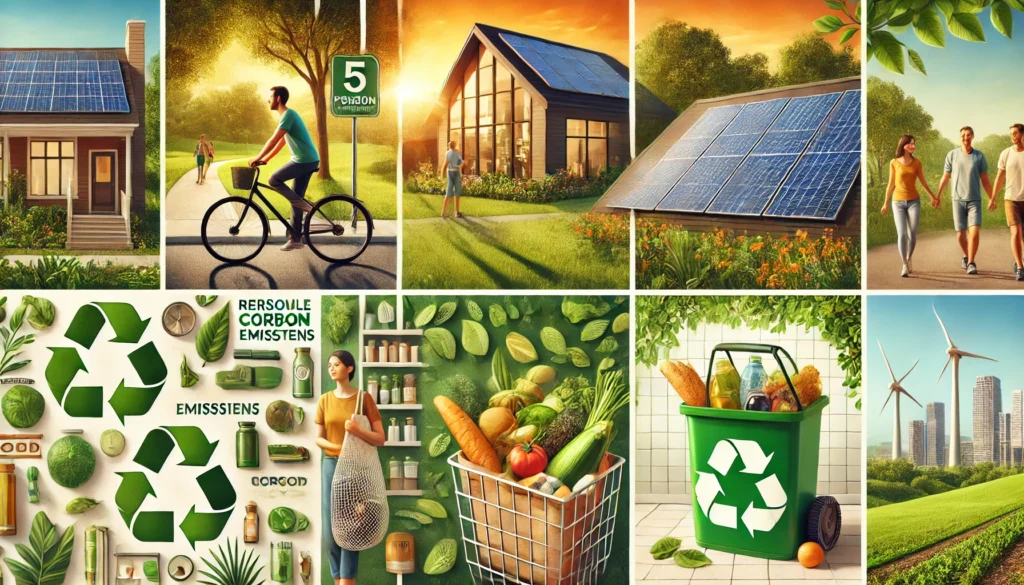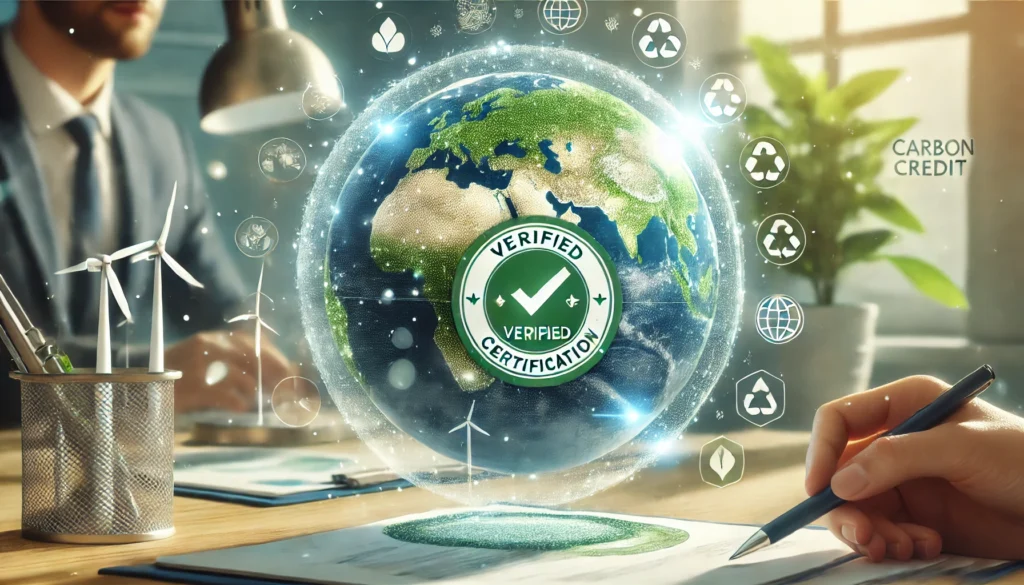The carbon credit market allows companies and countries to offset their greenhouse gas emissions by purchasing credits tied to environmental preservation projects. With Brazil hosting the G20, it has a unique opportunity to position itself as a leader in this agenda, promoting policies that encourage decarbonization and sustainable development.
Current Context of the Carbon Credit Market in Brazil
In November 2024, the Federal Senate approved Bill 182/2024, regulating the carbon credit market in Brazil and creating the Brazilian Greenhouse Gas Emission Trading System (SBCE) (source). This legislation establishes two types of markets:
- Regulated Market: Mandatory for companies emitting over 10,000 tons of greenhouse gases per year, such as those in the cement and oil industries.
- Voluntary Market: For companies not required to participate but interested in offsetting their emissions by purchasing credits.
The approval of this law is seen as essential for positioning Brazil as a leader in the global energy transition agenda (source).
Expectations for the G20 in Brazil
With Brazil hosting the G20, there are key opportunities to:
- Strengthen Climate Commitments: Reaffirm ambitious emission reduction targets aligned with the Paris Agreement.
- Promote the Implementation of the SBCE: Outline the next steps for operationalizing the national carbon market.
- Attract Green Investments: Present Brazil as an attractive destination for investments in sustainable projects.
- Lead Discussions on Climate Financing: Propose funding mechanisms for developing countries to implement climate actions.
Challenges and Opportunities
Despite progress, Brazil faces several challenges, including:
- Integrating Excluded Sectors: Activities like agriculture and livestock are currently excluded from regulation (source).
- Ensuring Credit Integrity: Prevent fraud and ensure credits represent real emission reductions.
- Empowering Companies and Communities: Provide technical support to enable effective market participation.
However, significant opportunities exist, such as:
- Valuing the Amazon Rainforest: Use the carbon market to fund conservation and sustainable development in the region.
- Technological Innovation: Develop solutions to enhance energy efficiency and reduce emissions.
- Creating Green Jobs: Generate employment in sectors related to the low-carbon economy.
Conclusion
The G20 in Brazil represents a unique opportunity for the country to establish itself as a leader in the global climate agenda. The recent regulation of the carbon credit market is an important step, but Brazil must continue advancing policies that promote decarbonization, environmental conservation, and sustainable development. With strong leadership and commitment, Brazil can turn challenges into opportunities, benefiting both the environment and the economy.


